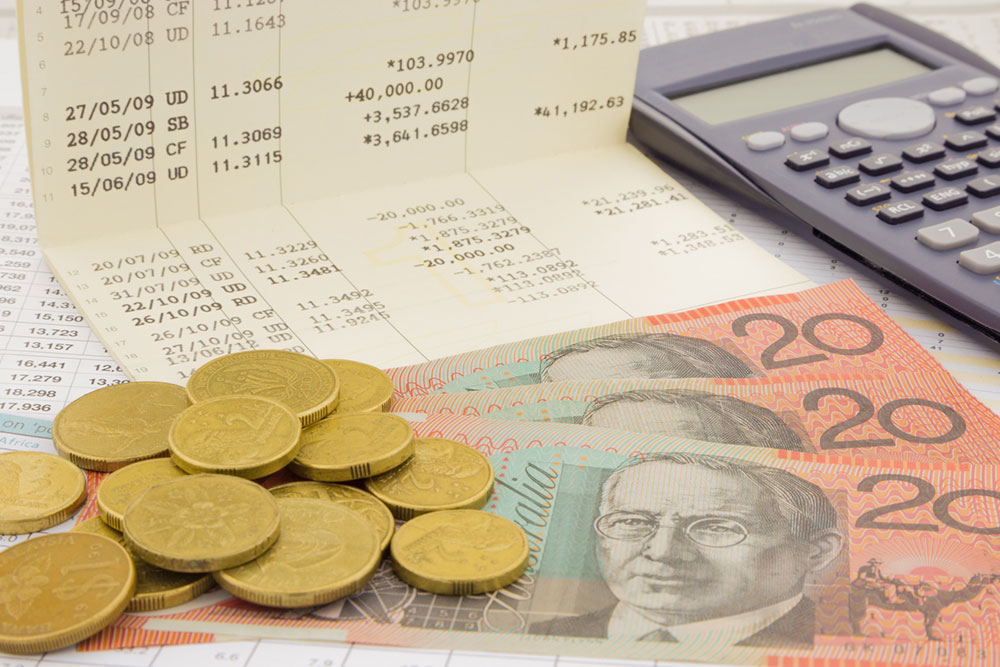7 Valuable Australian Coins to Consider
The country has a rich and diverse history when it comes to coins, with even native wildlife, such as echidnas and lizards, appearing on some of them. Now, certain rare coins not only hold historical value, but they can also fetch a lot of money, making them worthwhile investments. Whether it’s rare pre-decimal pieces or coins with unique minting errors or initials, the country’s valuable coins are worth adding to the collection.
Top coins to consider
The rare coins from Australia have become popular among collectors worldwide. Unlike volatile share markets or unstable gold prices, when one invests in valuable and rare coins, the investment is not considered as risky as the former.

1. 1930 Halfpenny
The 1923 halfpennies are among the rarest high-return valuable coins in the country. Made of bronze , the 1923 halfpenny coins feature the effigy of King George V and his titles, and on the flip side, is the legend “Commonwealth of Australia”. The halfpenny series was used between 1911 and 1964, but in 1923, only 15,000 of these coins were minted. This made them rare and, as a result, valuable. The coins carry the year of mint and their value , which is half a penny.
2. 1981 2-cent coins
These coins were introduced with the Currency Act in 1965. Before that, the country used pounds, shillings, and pence. Then, it adopted the decimal system with the dollar divided into 100 cents. The 2-cent coins in the series were technically equal to 2.4 pence, but the Act rounded that to two or three pence. These coins were minted from 1966 to 1991, but the most valuable series would be the 1981 2-cent coins that do not have “SD”—the initials of the coin designer Stuart Devlin. The rare copper-nickel coins feature a peculiar design of a frilled-neck lizard and represent the country’s rich biodiversity.
3. 1972 5-cent coins
Introduced with decimalization in 1966 , the 5-cent coins remain the smallest denomination in Australian currency. It replaced the pre-decimal sixpence while retaining its size and mass. The 1972 edition here stands out for being rare and particularly historically significant. Made from nickel , the 5-cent coins feature an echidna on one side and Queen Elizabeth II’s “Second Portrait” on the other. This rare 5-cent coin had quite a low mintage, which makes it more precious. Additionally, it was a part of the country’s transition from a 75% copper and 25% nickel composition to pure nickel, marking it as a notable coin in terms of the history of the country .
4. 2011 10-cent coins
Another set of coins with high returns is the 10-cent coins issued in 2011. Also designed by Stuart Devlin, the series features a lyrebird. It is said to have a mintage of around 1.7 million coins, which is considered low and rare in comparison to the average of 45.80 million per year. This is one of the reasons why it’s considered a valuable piece and can be a good option to buy.
5. 1988 Coat of Arms Error Proof 50-cent coins
Apart from perfectly minted valuable coins, coins with peculiar minting errors can fetch a great price owing to their rarity. One such example is the 1988 50-cent silver Coat of Arms coin. The Mint at the time produced a special 50-cent coin to commemorate the 200th anniversary of British settlement. It was meant to be minted only for one year. But an accident led to a mismatch, with a few of these coins donning the striking Coat of Arms on the reverse side instead of the obverse side. Now, there are only two known examples of these errors in existence. This makes the coins valuable.
6. 1966 20-cent coins with a wavy baseline
Among the widely available coins that still fetch a good sum are the 20-cent coins minted in 1966. Their peculiar design makes them more valuable. Some of the 1966 variants are marked by a subtle wave in the baseline of the “2” on the reverse side. In comparison, the standard 20-cent coins of the same year do not have the wavy baseline anomaly, which makes the ones that do rare.
7. 1977 Mule Coat of Arms 50-cent coins
To celebrate the 25th anniversary of Queen Elizabeth II’s accession, the government minted rare 50-cent coins in 1977 with the commemorative and distinctive coat of arms. In this edition, there are a few coins that were accidentally minted with the standard coat of arms design instead of the commemorative one. Currently there are only 10 of these coins today, and the minting error makes them rarer and more valuable.
Places to sell old coins
The best places to sell old coins are online auction websites, which are open to a wide variety of buyers interested in rare collectibles. Alternatively, one can look for local or nearby dealers or shops that specialize in these coins. Certain antique shops may also be interested in purchasing old coins.

